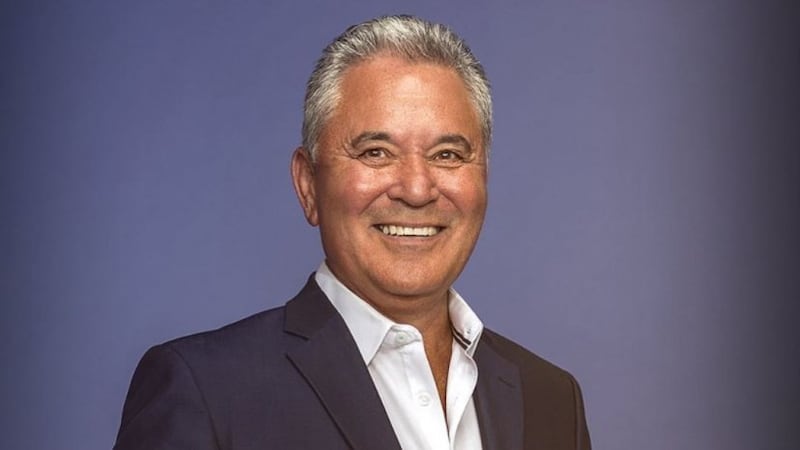Unless cabinet members can persuade the Ministry of Health to hand over Māori health data by Friday, it will have to appear in the Wellington High Court to fend off John Tamihere.
Tamihere, chief executive of the Whānau Ora Commissioning Agency, an umbrella body for North Island Māori health providers, wants the department’s data so he can find unvaccinated Māori and talk them into having the jab.
He has taken the ministry to the High Court because he thinks the ministry will reject Whānau Ora's request.
The ministry has said it is concerned about the privacy of data.
In court, the ministry said the hearing was unnecessary because it was close to making a decision on Tamihere’s request but Justice Jillian Mallon accepted Tamihere's arguments that the matter was urgent and has granted a one-day judicial review hearing for Friday, with a decision likely to be handed down shortly after.
Tamihere has argued the government's vaccine programme is failing Māori, and needs Māori health providers to step in to raise their vaccination rates.
‘Life and death’
The ministry has described the application as premature, and "wholly unnecessary".
Tamihere argues it is a matter of life and death.
He wants the data because he says Whānau Ora is best placed to raise vaccination rates by ‘bombing’ low-vax areas with mobile units.
In an affidavit, he said: “This is not a competition. We are talking about saving Māori lives. No avenue should be excluded and, in particular, the Whānau Ora Commissioning Agency should not be because it knows how to engage with Māori; we have been doing it for longer and successfully so since 2014.”
Tamihere’s affidavit said he’d warned the Ministry in February that Māori vaccination rates would lag and targeted action would be required.
Painting stripes on a cow
In a Stuff report of his application affidavit, he criticised a Māori to Māori'outreach campaign by Telehealth, or Whakarongorau, saying it had just an 11 per cent success rate and had not worked because "Māori are not stupid, changing the name from Homecare to Whakarongorau is no better than painting a cow to look like a zebra ... there is resistance from Māori when a non-Māori organisation (is) representing the 'government' calls".
He said that Whakarongorau had been provided the dataset he was asking for, and he had assumed he would get it too, after attending a meeting with ministers, including Prime Minister Jacinda Ardern.
However, Stuff said an affidavit from John Whaanga, deputy director-general for Māori Health, who was also at the meeting, denied any agreement.
Whaanga detailed the ministry’s specific efforts to ensure high Māori vaccination rates, and said protecting Māori health data was paramount because “the Crown cannot risk further eroding what limited trust in the system may exist. It cannot play fast and loose with the health information for a whole demographic”.
He rebutted any suggestion tikanga implied that the information be handed over to a “single service provider who wishes to speak for all Māori”.
‘Irrelevant info’ requested
The affidavit from Jo Gibbs, national director of the Covid-19 Vaccination and Immunisation Programme, said the ministry was obliged by privacy legislation to only release it for specific purposes.
Gibbs said the ministry had already agreed to give Whānau Ora vaccination data for patients enrolled with its providers, saying that was a “novel and in many respects path-breaking approach to information sharing” which had “consumed hundreds of hours of staff time and has been delivered at pace... We completely reject any suggestion the ministry has dragged its heels or failed to treat the situation with urgency”.
She said it was then of “some concern” while the ministry was working on providing that data that Whānau Ora began asking for a “mega dataset” of information and claiming that ministers had OK-ed its release.
Gibbs said some of the data, like details of before-school health checks, was completely irrelevant and for people Whānau Ora had “no existing relationships with”, such as South Island Māori.
Meanwhile, Maori Development Minister Willie Jackson is hoping the court case can be shortcircuited.
Jackson told Waatea News he and fellow ministers Peeni Henare and Andrew Little are keen to give Māori providers whatever they need for the vaccination effort and have asked officials to find ways to make it happen.
“You’ve got to remove every barrier for them so they can access the stats and get the support they need. JT just up and decided to go to court, he has every right to do that, but I don’t think it’s a good look for us to be in court over this. We have to work together,” he said.

